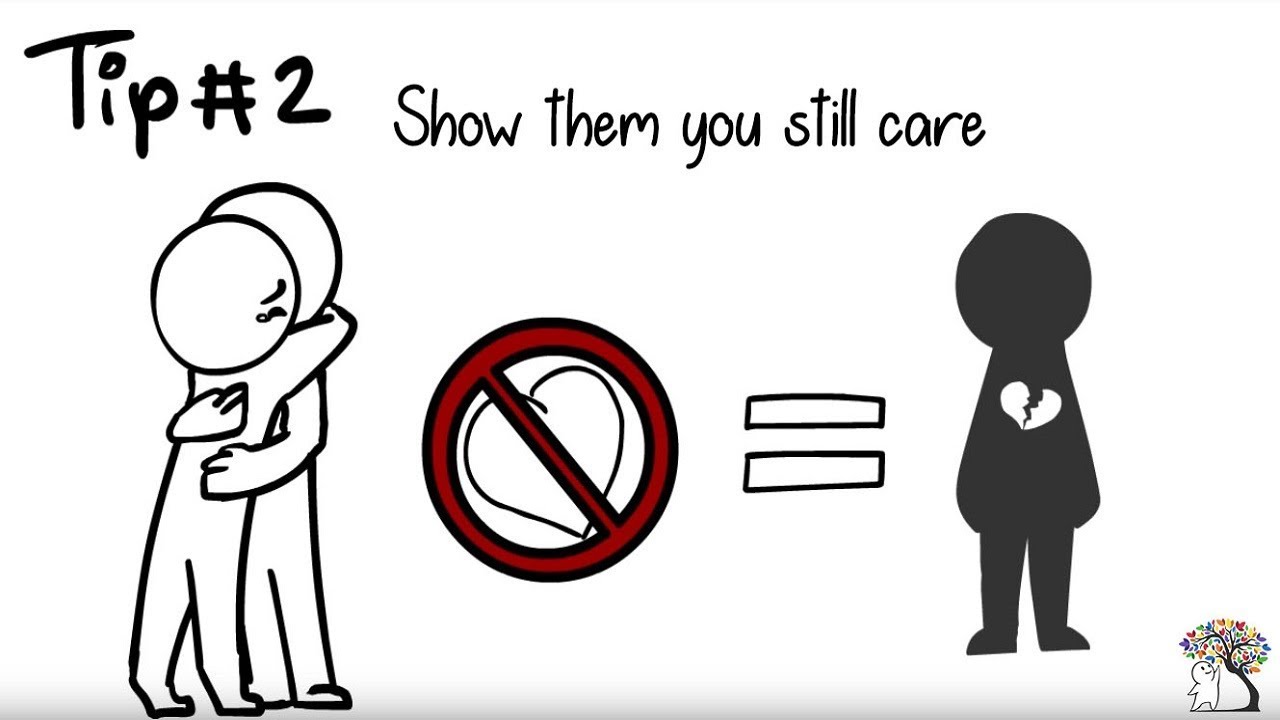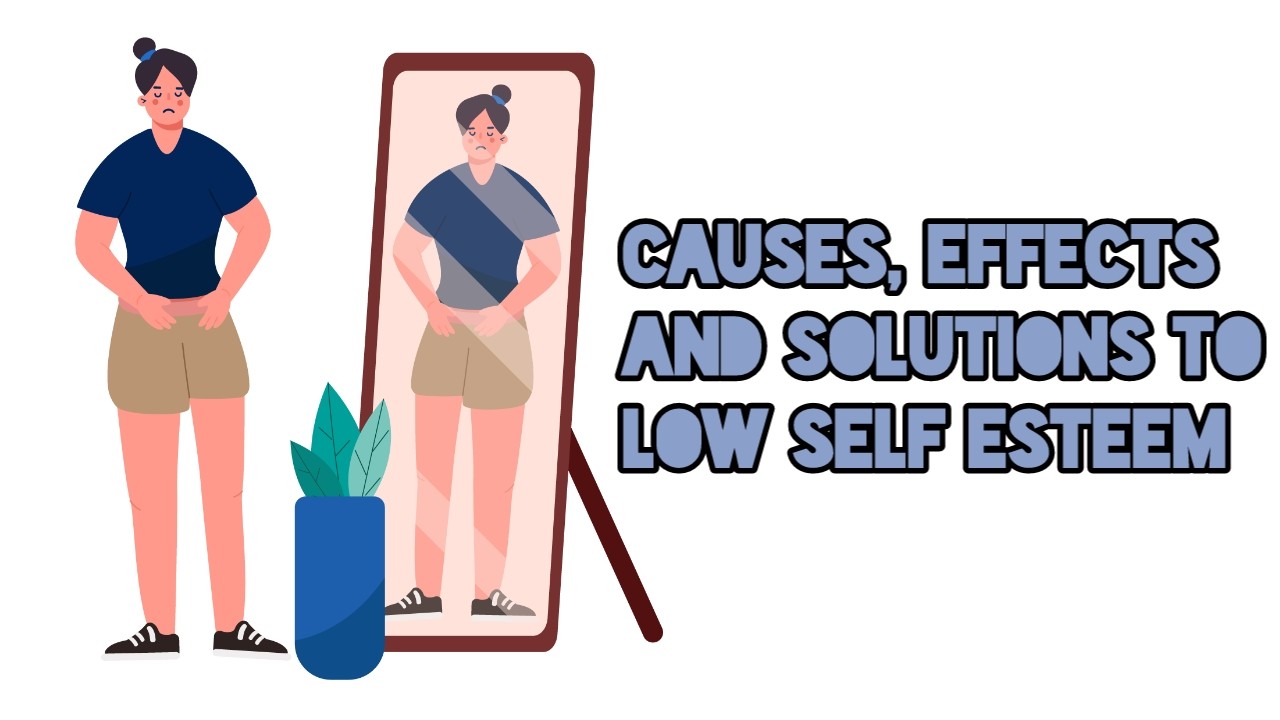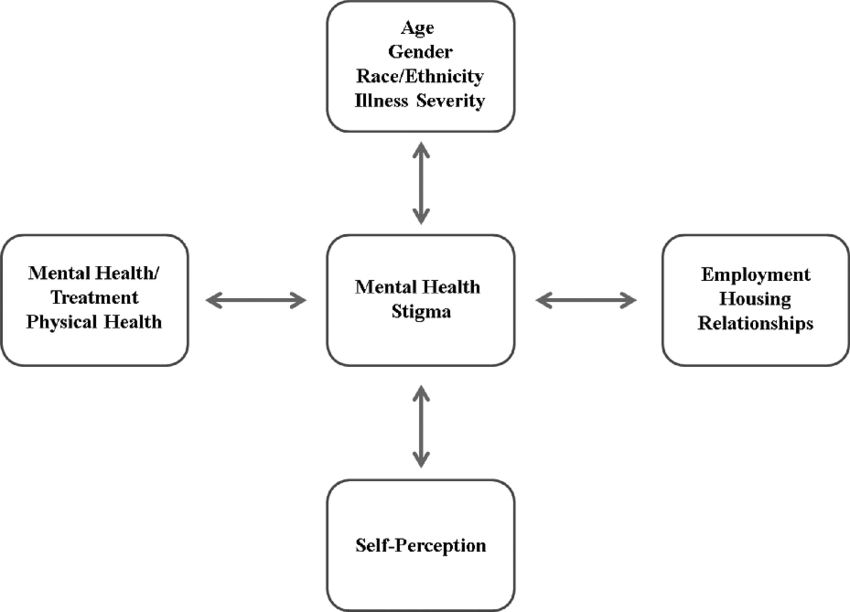
What is Mental Health America? Its mission, programs, and affiliates are all outlined in this article. Find out more about Schroeder Stribling, its founder. Find out about the key stats of the company, including its uninsured rates, Programs, Affiliates, as well as some other important information. Continue reading to find out more about Schroeder Stribling’s mission in mental health America. Next, you can use this information in order to make an informed decision regarding your charity.
Schroeder Stribling
Schroeder Stribling (President and CEO of Mental Health America) has three years' experience in the field. Stribling's educational background includes a Bachelor of Science in Political Science from Wellesley College and a Masters in Social Work from the Smith College School of Social Work. She also served on the boards of Planned Parenthood of Metropolitan Washington as well as the Georgetown University Center for Integrative Medicine.
Mission of the Organization
Mental Health America's main objective is to act as a catalyst to identify and address the mental health issues in the community. Its mission is promote mental health awareness, treatment and education as well as prevention of mental illness and other mental disorders. It supports the development and maintenance of mental health resources in the community. The organization also advocates for individuals suffering from mental illness. Its mission statement is to prevent the onset of mental illnesses, promote wellness, and improve the quality of life.

Programs
Mental health is a major concern for many Americans. Mental Health America offers a variety of programs to help the community with their mental health issues. These programs include online resources, local events, and conferences. They encourage the creation of community-based solutions for mental health issues. Mental health education and support is crucial for families and individuals. Mental Health America's programs can help you improve your quality life. These services are changing lives for individuals and families.
Affiliates
Mental Health America affiliates form the foundation of the national network. They bring together advocates, consumers, and service providers from all parts of the country. The nonprofits have a mission to raise awareness about mental healthcare. They also offer technical assistance and training for local affiliates in a variety issues such as managed care, mental parity advocacy, education on anxiety disorders, and education on mental health. In addition to these essential resources, the national office also offers crucial assistance with board development, fundraising plans, and implementing programs.
Mental health system affected by Hurricane Sandy
As the flood waters recede in Louisiana and Texas, lessons learned from Hurricane Katrina can be applied to the recovery efforts following Hurricane Sandy. Sandy increased the demand on emergency rooms and regional hospitals for mental health and chronic diseases patients. As these problems are exacerbated, a focus on prevention and treatment is necessary. Numerous relief efforts have been launched by several organizations. Despite being a relatively small storm, it has had a significant impact on the US's mental healthcare system. It is probable that recovery efforts will be focused on these patients.

FAQ
How can I improve my mental wellbeing?
Everybody needs to be healthy, especially if they are under stress at work, school or home. You can improve your mental health by exercising regularly, eating healthy foods, sleeping well, and spending quality time with family members. Exercise releases endorphins which makes us feel happier. Good nutrition is essential for a healthy body. A good night's sleep will give you energy throughout the day. Spending quality times with loved one improves relationships and reduces stress.
Why mental health is important?
Work, play. Learn. And love. Mental health refers to our overall wellbeing. When we refer to mental health, we mean the physical, psychological and spiritual factors that have an impact on us every day. There are many ways you can take care of yourself mentally, emotionally, spiritually and socially. You don't have to do everything at once; just start somewhere!
Understanding your current mental health status is the first step in improving it. Take this quiz to find out if you're doing enough to support your mental health. If you score low, then you might want to consider making some changes to your lifestyle.
Congratulations! Now, look at some specific things you can do to help maintain and improve your mental health.
-
Get enough sleep Getting adequate rest helps keep your brain sharp and energized. The American Academy of Pediatrics (AAP), recommends that children get 7 to 8 hours of sleep per night.
-
Exercise Regularly. Exercise releases endorphins which can make you happy and less likely be stressed. Do 30 minutes exercise five times a weeks.
What are some mental-emotional issues?
Any condition that causes serious distress or impairment of functioning is known as mental disorders. Some examples of mental disorder include anxiety, depression, schizophrenia.
Why is it important to improve your emotional health?
Happiness and well-being are dependent on emotional health. If you don't feel emotionally healthy, you won't be able to perform at your best. People suffering from depression often have difficulty working. You may also feel anxiety, panic attacks, insomnia and other symptoms. The good news about these conditions is that they can be successfully treated using medication and therapy.
Why is students' mental health important?
Students need to feel good about their mental health in order to be able focus on school and succeed academically. You won't perform well at school if you don't feel like yourself. Depression can lead to students missing class and poor grades. This could result in students dropping out high school and possibly even college.
Talk to your teachers or parents if you are struggling with depression. They will help you get the treatment you need.
Not everyone with depression requires medication. Talk therapy is very effective for many people. A counselor is a great option for anyone who wants to seek help.
Here are five ways to improve your emotional and mental health.
-
Exercise – Physical activity improves brain function as well as increases energy levels.
-
Sleep - A good way to reduce anxiety and stress is to get enough sleep.
-
Nutrition - Eat healthy foods such fruits and veggies to keep your body strong, energized and happy.
-
Meditation – Regular meditation can reduce stress and anxiety.
-
Socialization - Spending time in the company of friends and family keeps us happy.
Statistics
- It means no drinking any alcoholic beverages and no taking any drugs that aren't 100% natural.
- Similarly, while there is some agreement about the boundaries of typical mental disorders 2, there is likely less agreement about those for positive mental health. (ncbi.nlm.nih.gov)
- In any given year, an estimated 18.1% (43.6 million) of U.S. adults ages 18 years or older suffered from any mental illness, and 4.2% (9.8 million) (healthypeople.gov)
- More than 50% will be diagnosed with a mental illness or disorder at some point in their lifetime.3 (cdc.gov)
- It does have some influence, but not nearly as much as we might think, so focusing less on attaining wealth will likely make you happier (Aknin, Norton, & Dunn, 2009); (positivepsychology.com)
External Links
How To
How to tell if you need help from a mental-health expert
You should look out for signs that indicate that you might need professional assistance to determine if your problem needs to be addressed. If you notice any warning signs, it's best to consult a doctor.
-
You feel like your control is being lost.
-
You've been having trouble sleeping.
-
Concentrating can cause your thoughts to race.
-
You begin to consider suicide.
-
You feel hopeless.
-
It feels like your life isn’t worth living.
-
You are not interested in the same things that you used to love.
-
You've stopped eating.
-
You have been withdrawn.
-
You may have used drugs or alcohol to manage stress.
-
You're starting to lose close friends and family members.
-
Other physical symptoms, such as stomachaches, backaches and headaches may also be present.
If you have any of these symptoms, it is important to immediately see a doctor.